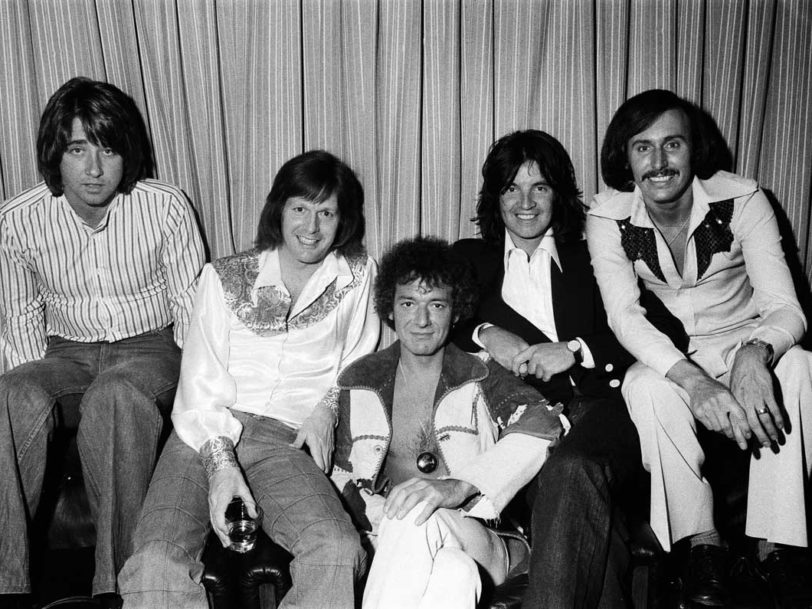They were signed to Parlophone, recorded at Abbey Road and were a permanent presence in the 60s charts and beyond, shifting through R&B into raga rock, psychedelia and more earthy material. No, it’s not who you think it is; it’s The Hollies, a major force in British pop, even if these pioneers of the Manchester sound (just listen to All The World Is Love) don’t get all the credit they deserve. This five-piece band, boasting unique harmonies behind the distinctive voice of Allan Clarke, were massive between 1963 and the mid-70s, and had something to say beyond that. But, despite scoring 30 hits in the UK and more than 20 in the US, they remain a mystery to many young rock lovers – even some fans of Crosby, Stills And Nash seem unaware that Graham Nash enjoyed a massive career with The Hollies before he swapped Britain’s North West for the US West Coast. Here, then, are 20 of the best Hollies songs. From jangly pop to psychedelic miracles and moving ballads, The Hollies did it all – and did it right.
Listen to the best The Hollies songs, and check out our 20 best The Hollies songs, below.
20: I’m Alive (1965)
Released in May 1965, I’m Alive found The Hollies at a pop pinnacle, as if it was so easy for them. But the truth is more complex. The group rejected this Clint Ballard song when they first heard it. A change of mind found them at No.1 in the UK for three weeks with this tale of a man learning to open himself to emotions. Alive? You bet.




